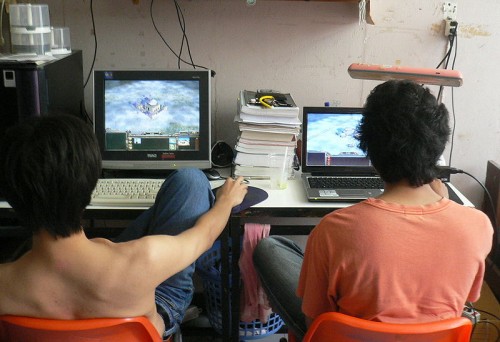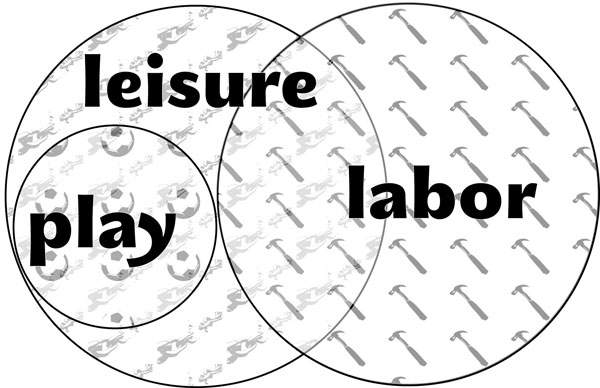The Organizations, Occupations, and Work blog (associated with the American Sociological Association) organized an interesting panel discussion between Chris Prener, Christopher Land, Steffen Böehm and myself. I’ll summarize/critique the positions here and provide links for further reading.
Chris Prener initiated the conversation by asking “Is Facebook “Using” Its Members?” Prener claims that, though the company gives users “access to networks of friends and other individuals as well as social organizations and associations,” Facebook—with it’s advertising revenue “somewhere in the neighborhood of $3.2 billion”—” benefits far more in this somewhat symbiotic relationship.” He concludes that Facebook, and social media more broadly, represent “a [new] space where even unpaid, voluntary leisure activities can be exploited for the commercial gain of the entities within which those activities occur.” more...









